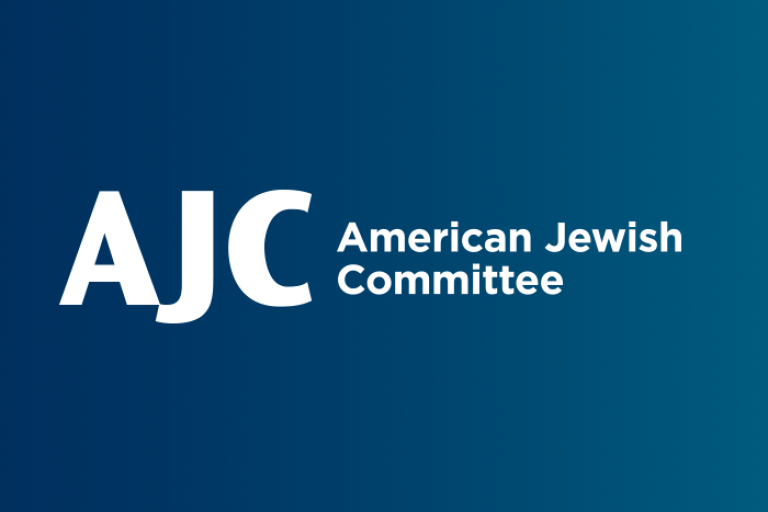June 5, 2017 — Washington, D.C.
On the eve of the 50th anniversary of the outbreak of the Six-Day War, Lieutenant General H.R. McMaster, the U.S. National Security Advisor, addressed the AJC Global Forum on the lessons of that conflict for today.
General McMaster, who taught military history at the U.S. Military Academy, said that history teaches humility by showing that what appear to be unprecedented challenges can in fact present opportunities.
That was the case in 1967, he noted, when Israel faced “a desperate situation” as Egypt stationed all seven of its army divisions in the Sinai, and its Arab allies massed their troops to Israel’s east. The Israelis, however, seized the initiative and launched a preemptive attack that drove back the enemy and achieved a stunning victory, one that was incorporated into U.S. military planning under the name of the Air-Land Battle doctrine.
One lesson of the war and its aftermath, he continued, is that “threats to our security do not remain static. They evolve.” Israel today faces “sophisticated terrorist organizations—Hamas and Hezbollah—funded and aided by antagonistic nation states,” while ISIS strives to capture and hold territory, and Iran acts through “its terrorist proxy network,” ramps up its ballistic missile capability, and takes provocative action “in the Gulf, working to keep its Arab neighbors perpetually weak and engaged in sectarian conflict.” In the face of these new challenges, he said, “Israel has adapted and performed amazingly well” because it “consistently recognized and acted on opportunities when others may have seen only difficulties.”
“That creativity and ingenuity should be a model for us today, on and off the battlefields,” McMaster declared. “No matter how dire situations look, opportunities are present.” He specifically pointed to the emerging rapprochement between Israel and a number of Arab states in response to the jihadi threat in the region as an example of turning adversity into opportunity as “their interests are converging.”
He also summarized the accomplishments of President Trump’s recent visit to the Middle East and Europe. Its goals, he said, were “to reaffirm America’s role in global leadership,” “to continue building key relationships with leaders,” and “to promote a message of unity among the followers of three of the world’s great faiths." Specifically, he noted that Mr. Trump got the more than 50 leaders of Muslim countries he met with in Riyadh to agree “to cut off the financing for extremists and prevent them from hijacking and perverting their religion,” a pledge he said the Administration intended to monitor.
McMaster acknowledged that there is “healthy skepticism, due to the failure of past promises and the fact that many of these countries have been sources of terrorist funding and the propagating of extremist Islamist ideology.” But he emphasized that “none of us, the President least of all, will be impressed by mere words.”
In Israel, said McMaster, the President “reaffirmed America’s rock-solid alliance with our closest military ally,” and emphasized to the Palestinian Authority leadership the need to counter terrorism.
And then in Rome, President Trump “affirmed America’s commitment to defend religious freedom, combat religious persecution, and cooperate with the Vatican on humanitarian missions.”
Arriving in Brussels, continued Gen. McMaster, President Trump “reaffirmed America’s unbreakable commitment to our NATO allies,” and finally in Sicily, he urged the G-7 to cooperate against terrorism and counter North Korean aggression.
This was the second consecutive year that the AJC Global Forum was addressed by the U.S. National Security Advisor. In 2016, Susan Rice, appointed to the post by President Obama, was a featured speaker.
The AJC Global Forum, taking place June 4-6 in Washington, D.C., is the advocacy organization’s signature annual event, bringing together more than 2,500 participants from across the United States and 70 countries around the world.


